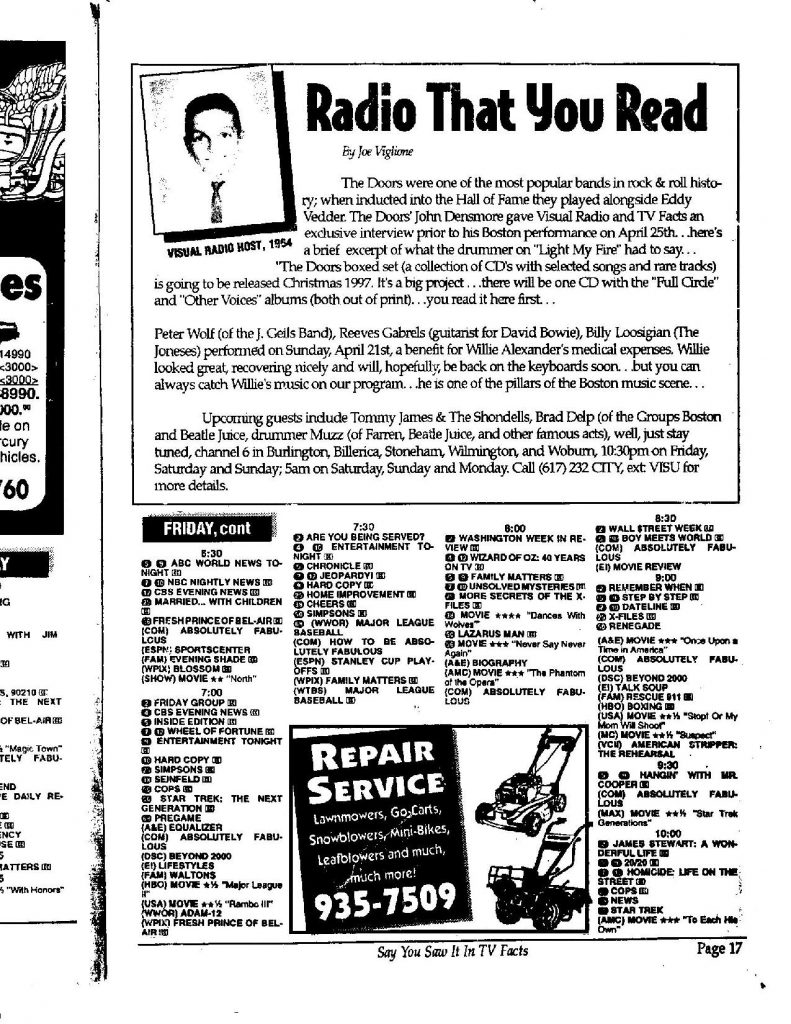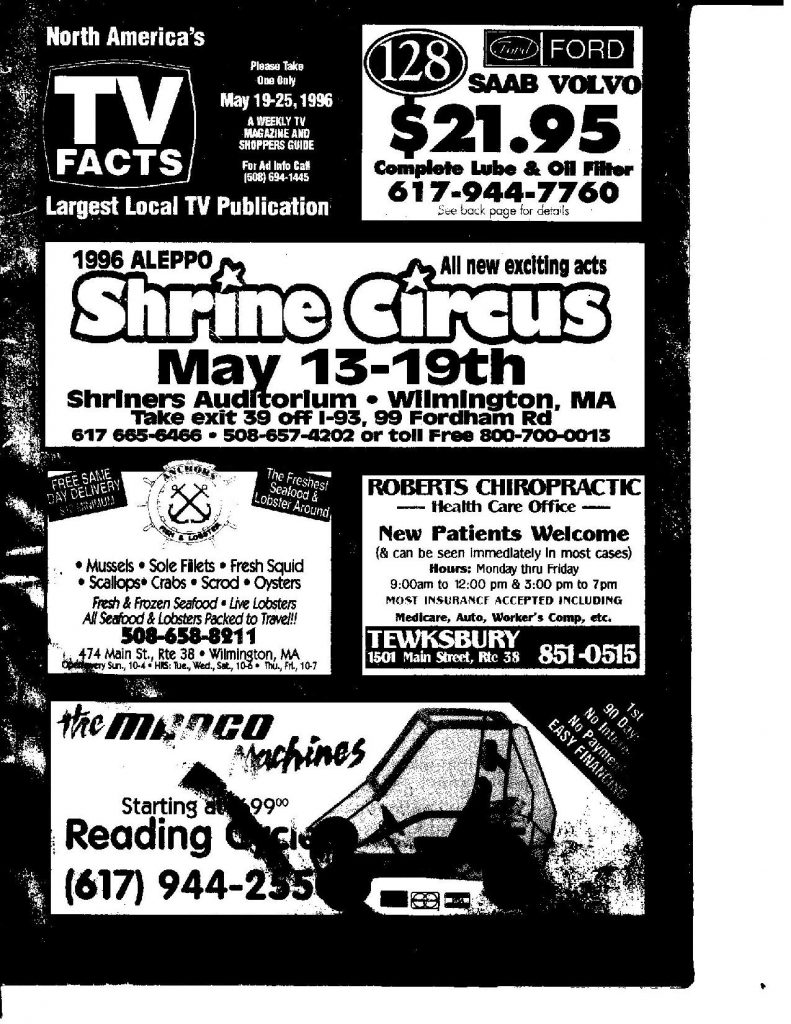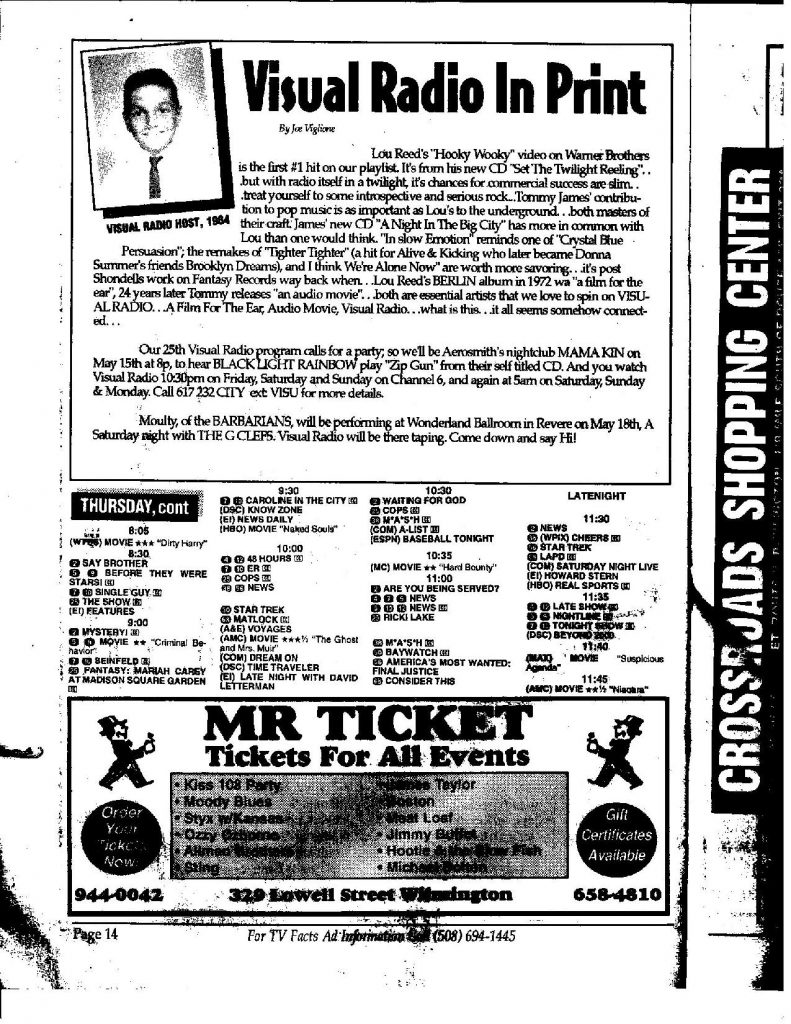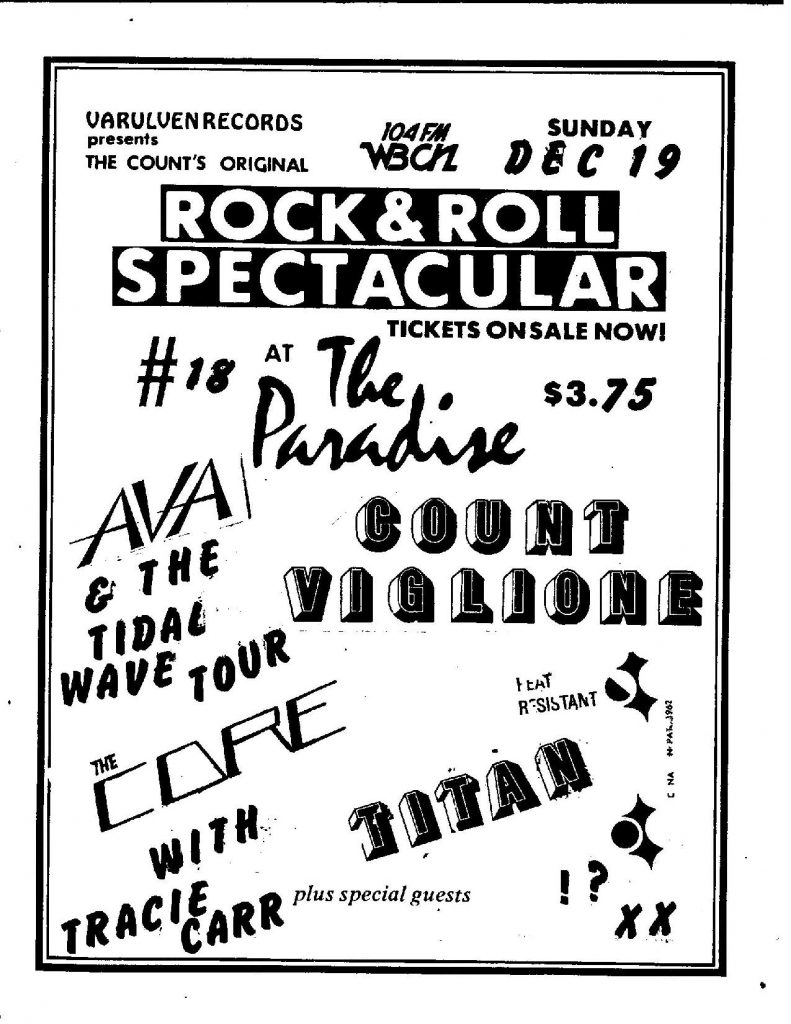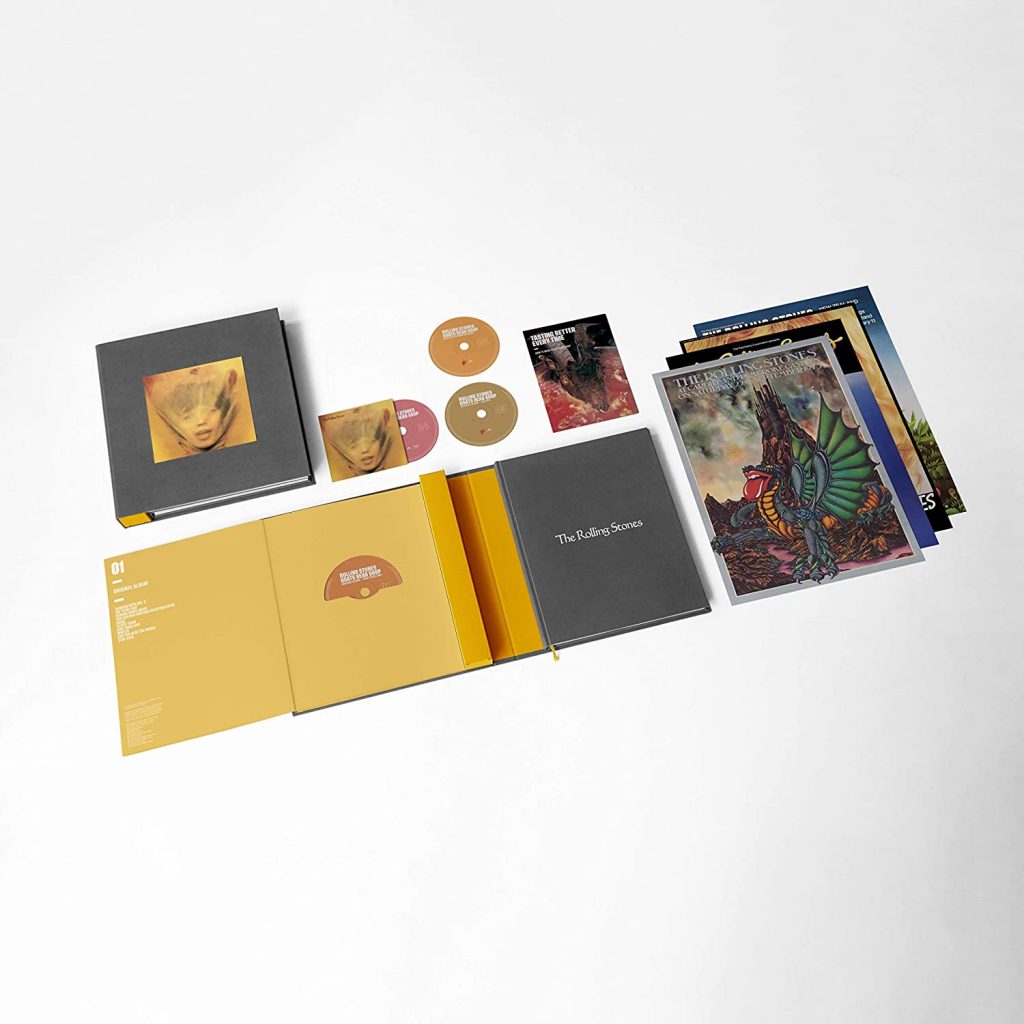
A Rolling Stones Review by Joe Viglione
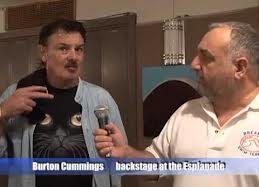

A Rolling Stones Review by Joe Viglione
Joe Viglione, Varulven Records
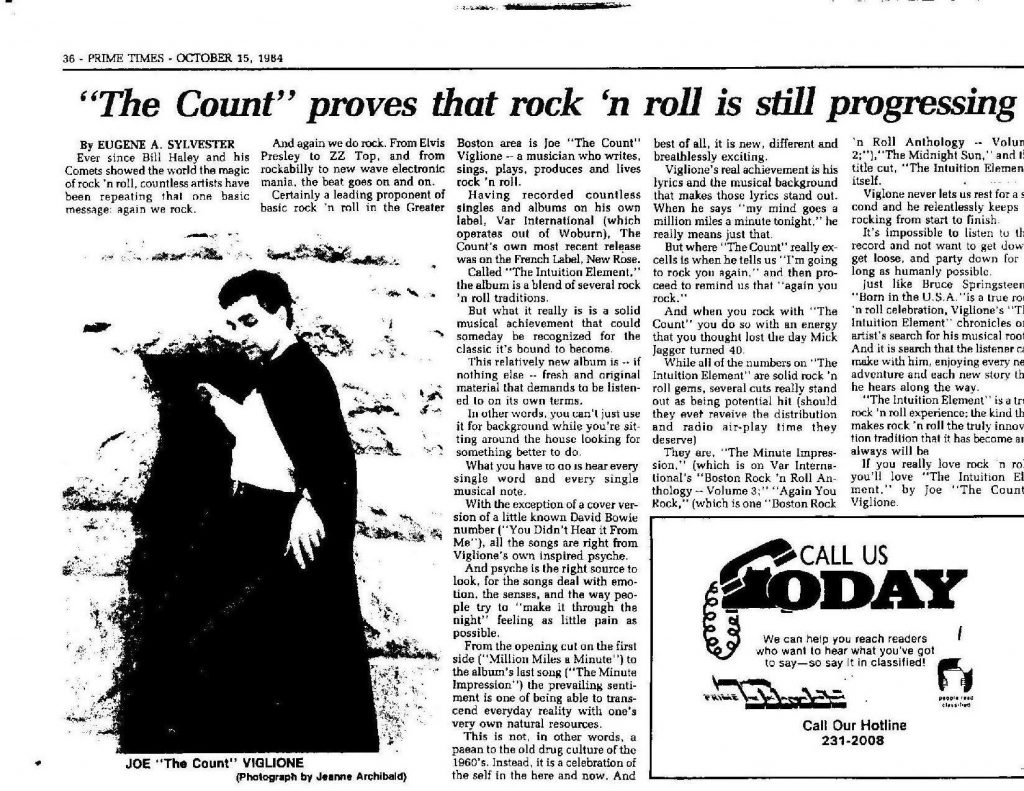
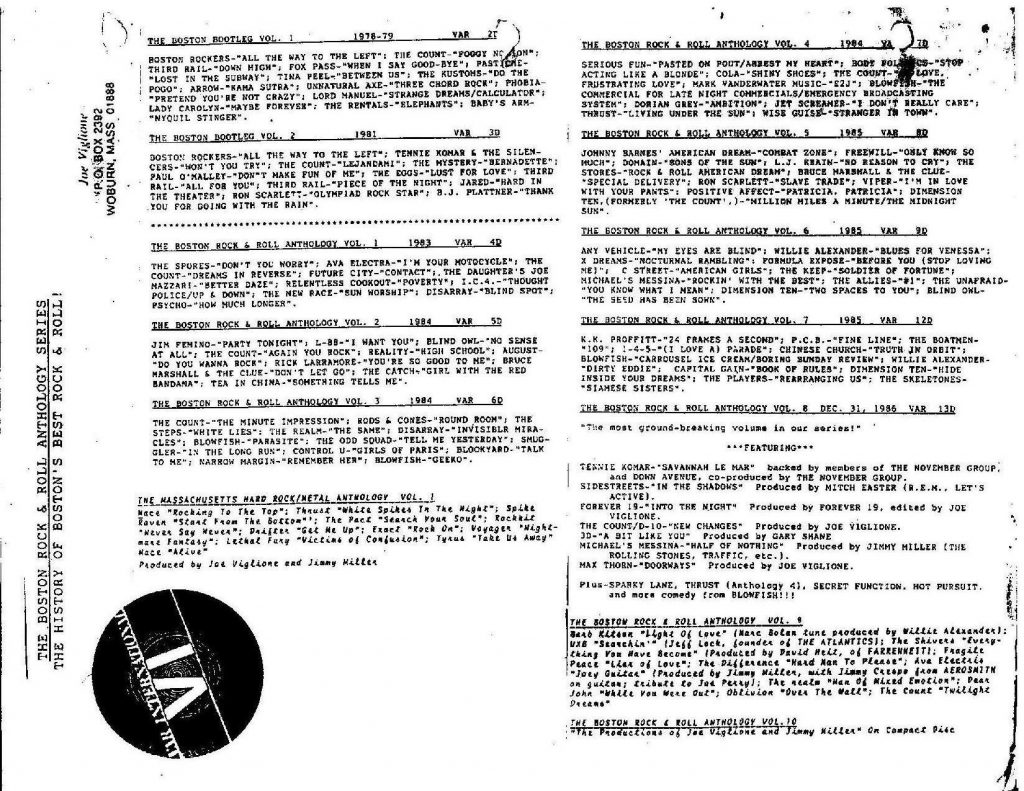
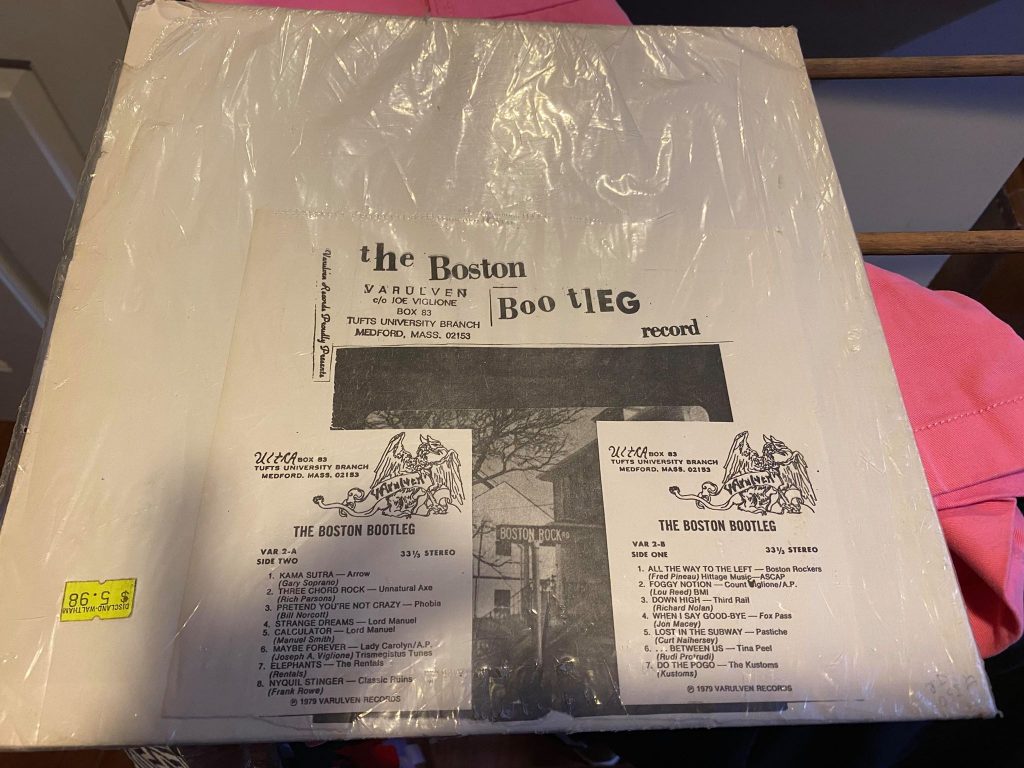
thanks Ellen Jane for sending this over. She bought it for $5.98 back in the day
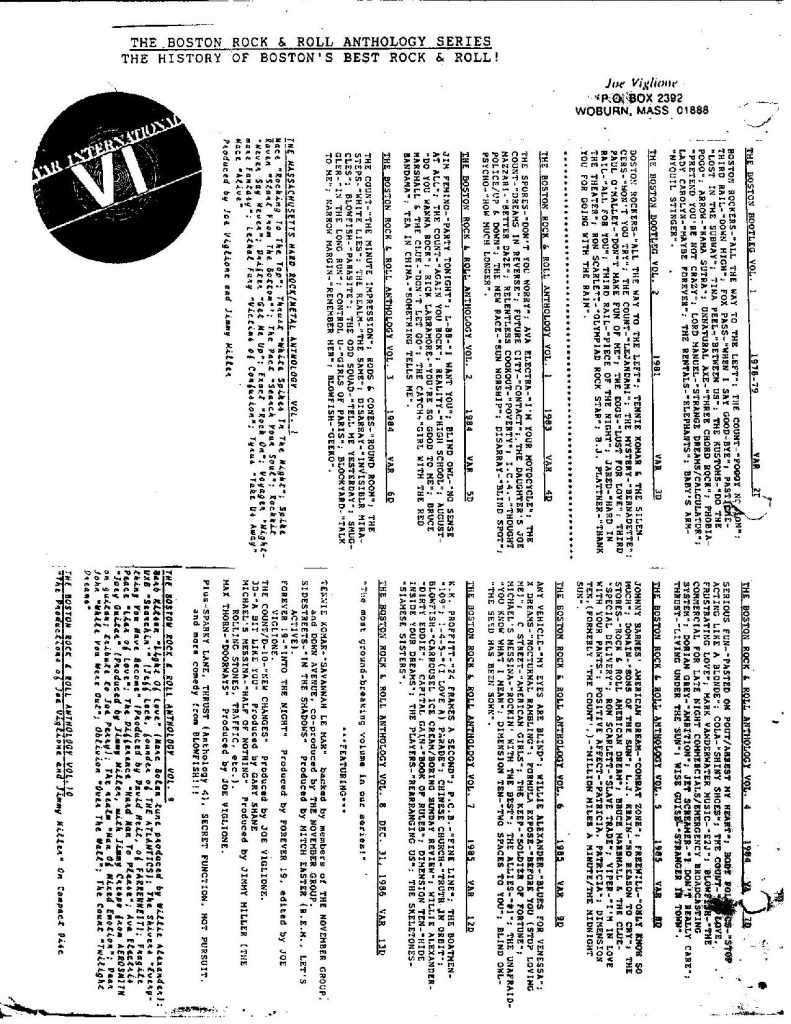
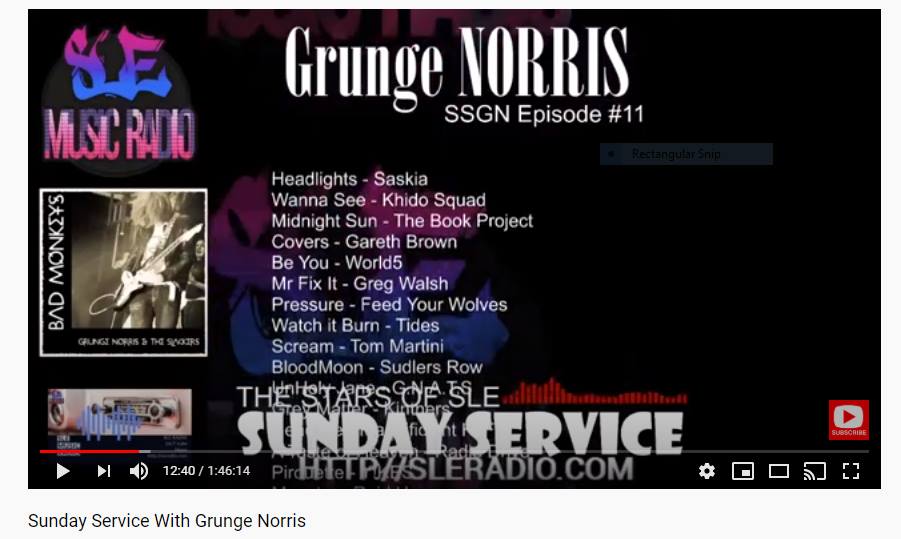
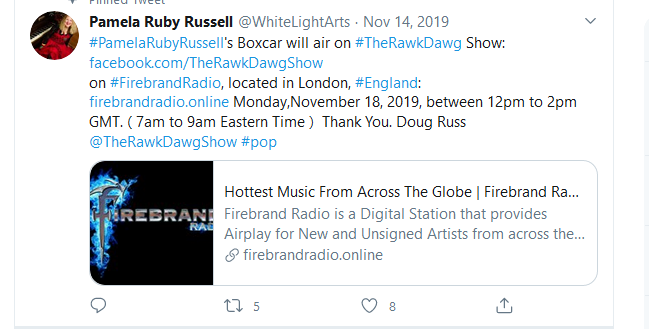
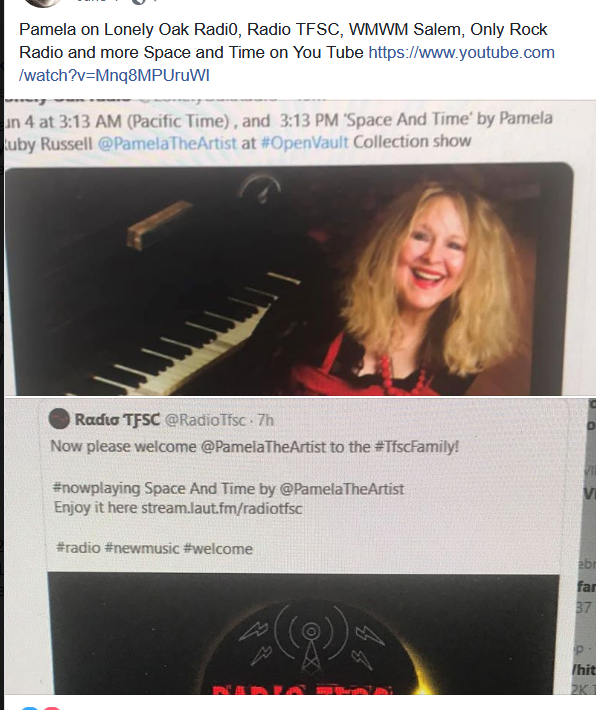
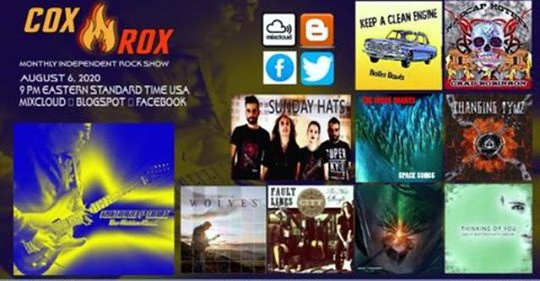
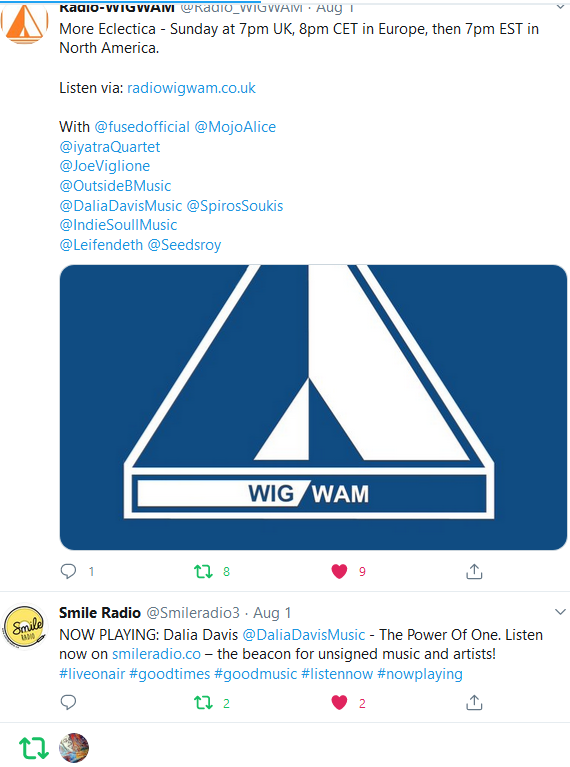
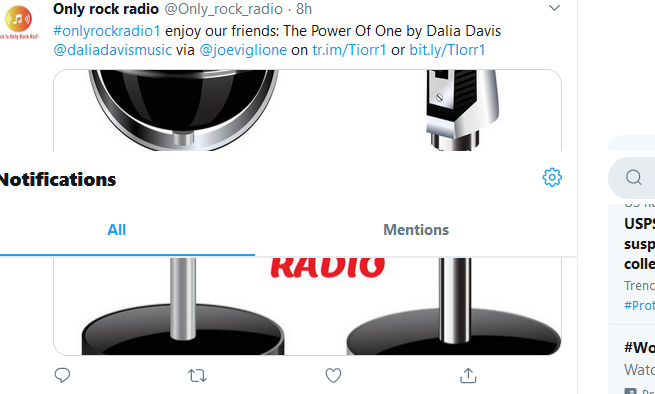
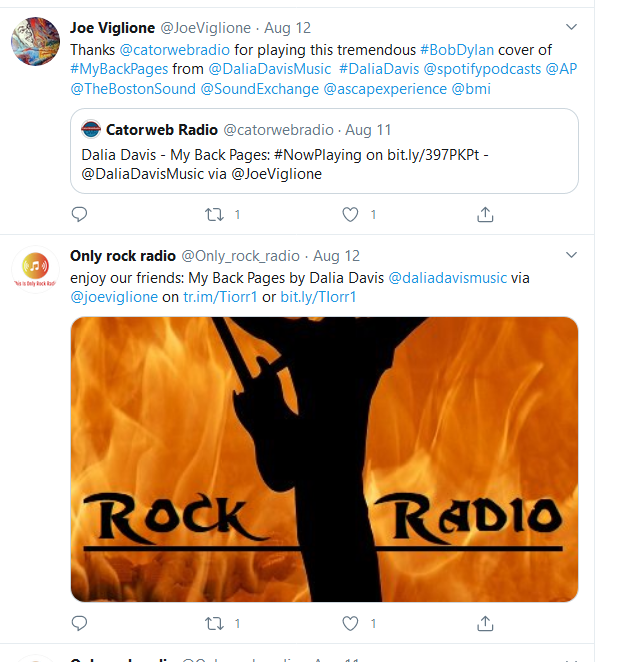
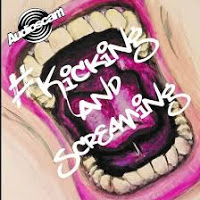
Audioscam in new Ffanzeen August 15, 2020
Audioscam
#Kicking and Screaming
audioscam.com.au
Truly, I do not understand why this band is not played on the radio more, which spins the likes of Rupert Holmes and Stephen Bishop nearly constantly. Audioscam’s music is catchy, non-threatening, and fine at a party of MOR-minded company. The Australian band has been around for a bit over 10 years now, at least, and they have nailed their sound. The harmonies with drummer Brian Pitcher’s high-end vocals, and Wayne Macintosh’s guitar up front is some fun near pop (not Top 10 pop, but perhaps from around 1975). As I implied earlier, this band is definitely radio-friendly, and they should be played on Adult Contemporary MOR stations more. This is closer to an EP than an LP, but that’s what many of Audioscam’s releases tend to be, and I’m cool with that.
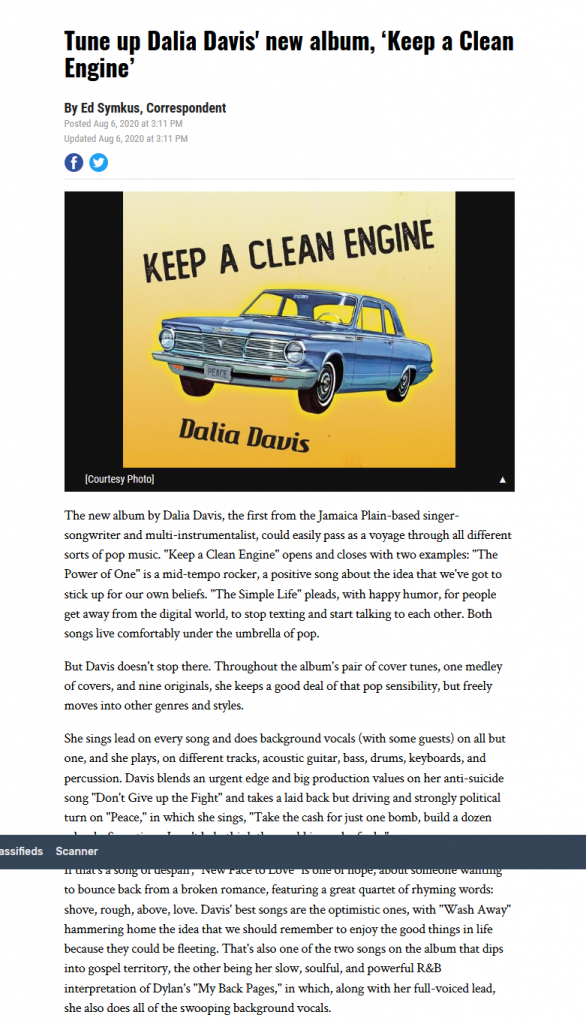
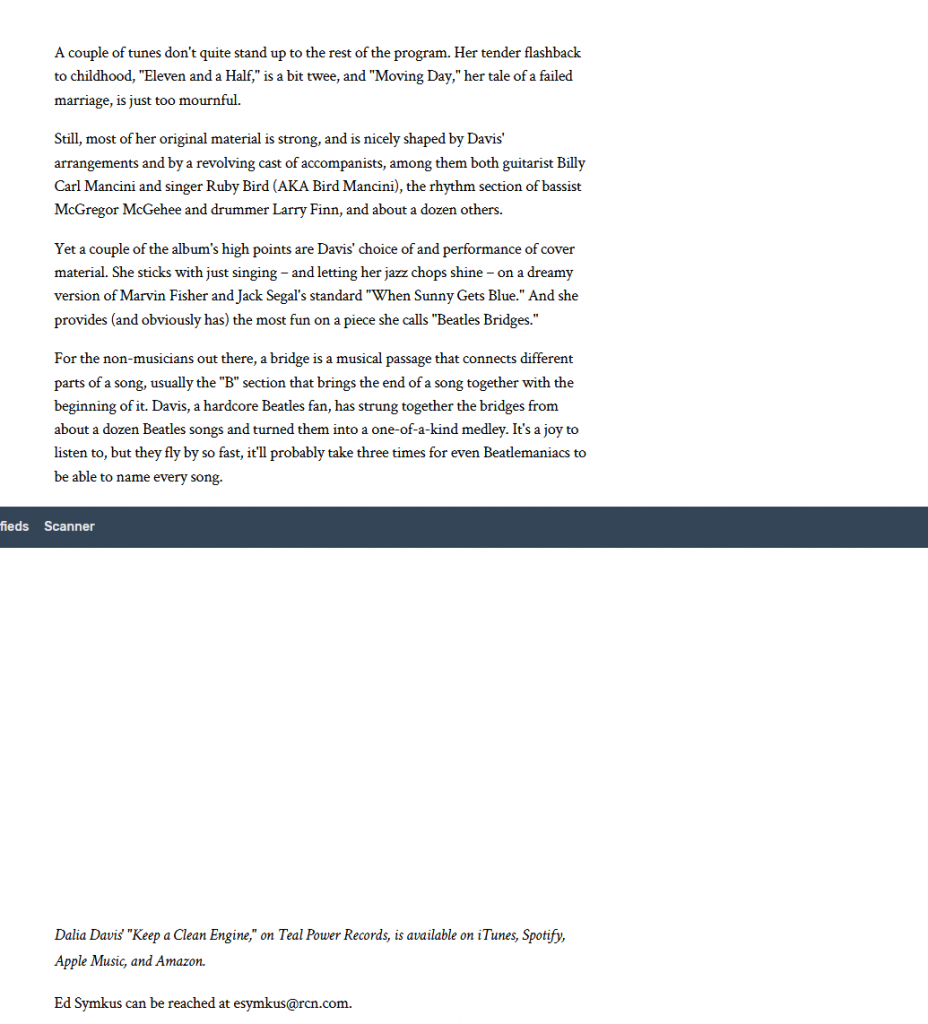
https://ffanzeen.blogspot.com/2015/06/robby-krieger-beyond-doors-1983.html
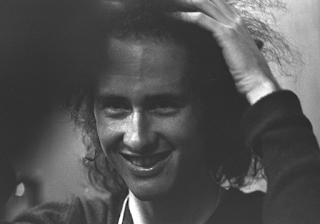
Nedra Ross of The Ronettes toured with Bobby Hebb and the Beatles on August 12, 1966, 54 years ago today in Chicago…here’s my review of Nedra (don’t call her Diana) Ross! on AllMusic:
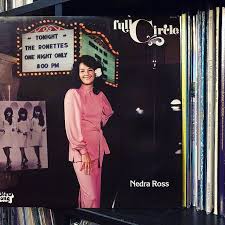
https://www.allmusic.com/album/full-circle-mw0000892548
AllMusic Review by Joe Viglione [-]
Full Circle is a difficult album by Nedra Ross, formerly of the Ronettes. On one hand, she gave up show business for the Lord, yet show business is the biggest selling point here — the information about Ross’ time with the legendary girl group, a reprint of an article from the November 1968 Ebony magazine, a photo of Ross with Ronette Estelle Bennett and Beatles John Lennon and George Harrison, a reprint of the “Be My Baby” disc label — all on the inner sleeve. If the Lord is displeased with the borderline deceptive advertising, He may be less pleased with the music inside, as Ross and her producer/husband Scott create an album with less inspiration than her God-given talents deserve. “Gonna Keep My Mind (Stayed on You” is a funky Chaka Khan-type tune with religious overtones. “Unchanging Love for You” is pretty enough, but there is something about the lyrics that make the song awkward. The Bible talks about praying in secret, and God may be more happy with an artist singing pop tunes that brought her fame than forced musical statements about Him — and fans would be more pleased not to have to endure the preaching. When Dan Peek left the group America for fame and fortune as a Christian artist, he was blatant about it. Christian rockers Stryper had celebrity on their mind, yet the former Nedra Talley says here that she recorded Full Circle to make a statement. The best statement this artist could make, the best use of her God-given gifts, would be a solid gospel album or the popular music she was blessed to sing. The title track on Full Circle, “Unchanging Love for You,” “I Know I Love You,” and “Lean on Me” are the best tracks here. (“Lean on Me” is not the Bill Withers tune; the hook is actually stronger, and the performance is superb.) It is too bad the rest of the album does not equal these performances. Backing vocals and horns swell under Ross’ expressive voice, creating some magnificence that is missing on most of Full Circle. https://www.allmusic.com/album/full-circle-mw0000892548
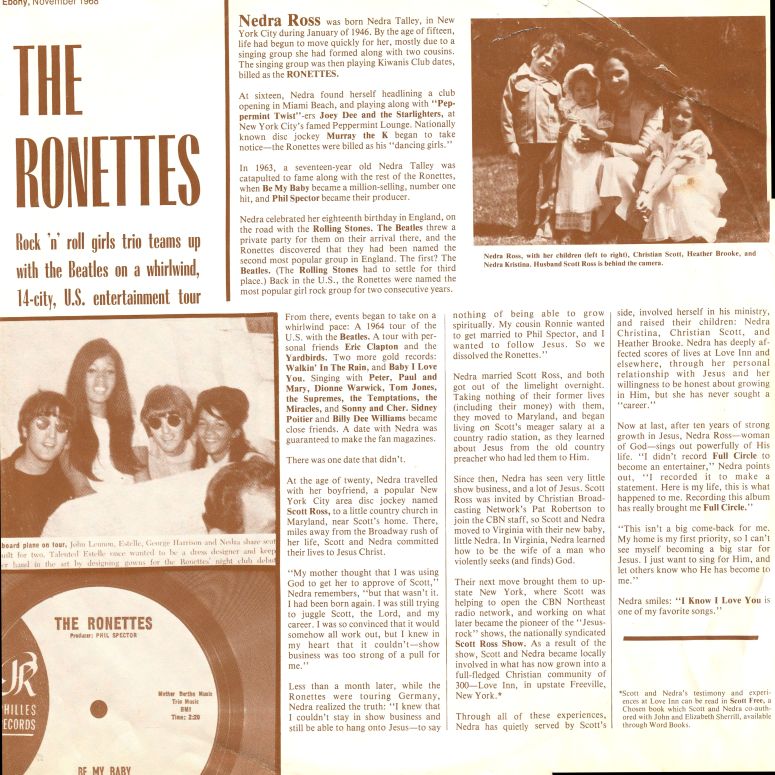
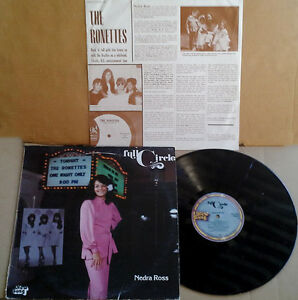
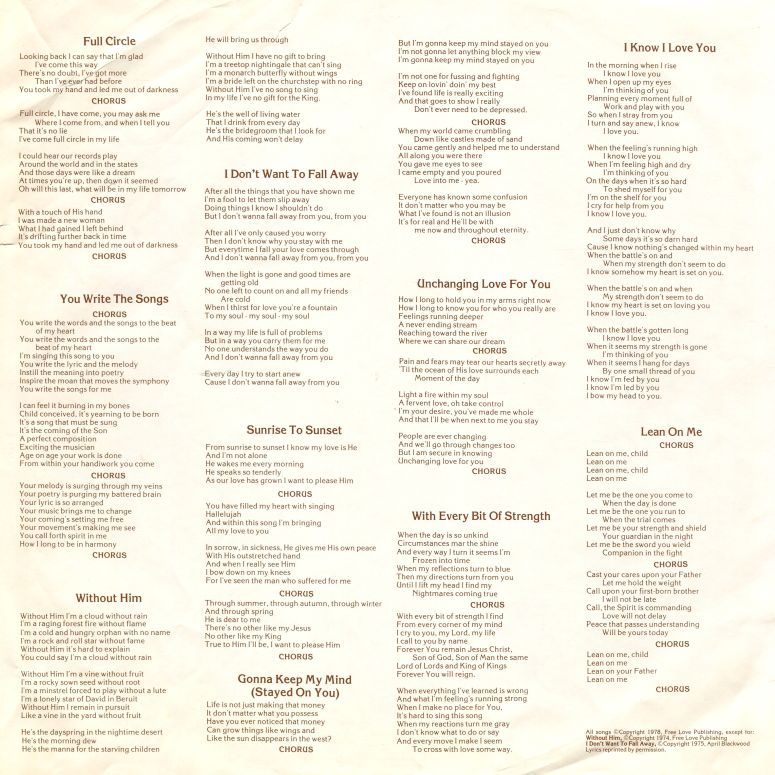
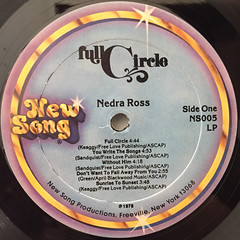
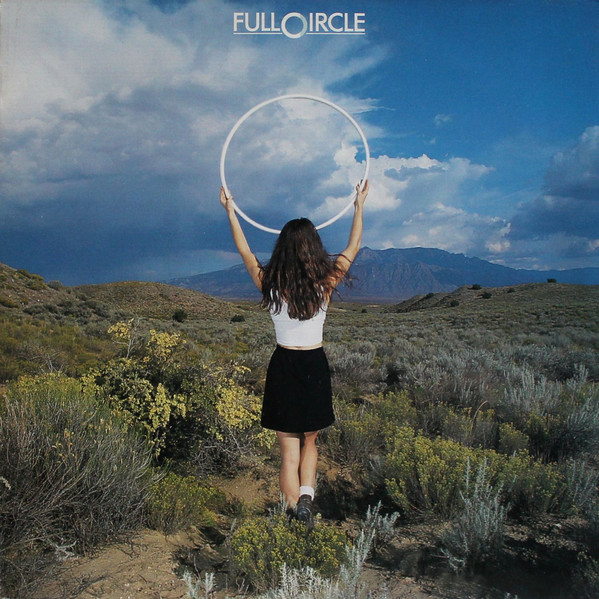
Radio That You Read
